Discover the 2024 Best Solar Hot Water System for Your Home
Seeking the 2024 best solar hot water system means finding an efficient, sustainable solution for your home. As the technology advances, the latest models offer greater benefits. This guide reviews the top solar hot water systems of the year, compares their features, and helps you understand which system aligns with your household’s needs. We’ll explore systems from leading brands like Envirosun, Rheem, and Rinnai, while unpacking the essential factors to consider, such as climate suitability, usage requirements, and cost-effectiveness.
Key Takeaways
-
The top solar hot water systems of 2024 include the Envirosun TS+ 300L Twin Panel Close-Coupled System, the Rheem Loline 325L Twin Panel Split System, and the Rinnai Sunmaster 315L Twin Panel Split System, each with unique features and backed by extensive warranties.
-
When choosing a solar hot water system, it is crucial to consider factors such as climate, roof space, installation requirements, household size, water usage, and cost-effectiveness to ensure it meets your specific needs.
-
Maintenance and warranties are vital for the longevity and efficiency of solar hot water systems, with regular servicing recommended every 3-5 years and some systems offering warranties up to 10 years.
Top Solar Hot Water Systems of 2024
Investing in solar hot water systems is a smart move, and selecting the right system for your needs is of utmost importance. This year, three systems stand out above the rest: the Envirosun TS+ 300L Twin Panel Close-Coupled System, the Rheem Loline 325L Twin Panel Split System, and the Rinnai Sunmaster 315L Twin Panel Split System. Each of these systems offers a unique set of features and benefits, making them top choices for homeowners in 2024. While electric hot water system options are also available, solar hot water systems remain the most environmentally friendly choice.
Envirosun TS+ 300L Twin Panel Close-Coupled System
The Envirosun TS+ 300L Twin Panel Close-Coupled System features:
-
Made in China
-
High quality
-
300-liter tank
-
Twin panel design
-
Backup booster element for reliable hot water supply
-
Left-hand inlets and outlets
-
Standardized water connections
-
Mains pressure available at multiple taps with adequate household plumbing
-
COP rating close to 4 under ideal conditions, indicating high efficiency
When it comes to warranties, the Envirosun TS+ 300L Twin Panel Close-Coupled System shines. It includes a 10-year warranty for the tank and a 7-year warranty for the solar panels, offering homeowners peace of mind knowing their investment is protected.
Rheem Loline 325L Twin Panel Split System
The Rheem Loline 325L Twin Panel Split System is another top contender in the solar hot water system market. This system features a 325L capacity tank, making it perfect for households with 2 to 6 people. Additionally, it comes equipped with a back-up electric booster to ensure hot water availability on days with less sunlight, making it a more reliable option than traditional electric hot water systems.
The Rheem Loline 325L also boasts a noteworthy design. The slimline collectors are mounted on the roof, and the ground-mounted tank enhances its visual appeal. This system is tailored to accommodate the hot water requirements of a typical household, and includes a back-up electric booster for continuous hot water supply. This makes it an ideal choice for homeowners looking to install solar hot water systems.
The system also offers flexible installation options and can be installed outdoor or indoor, providing convenience for various house layouts and preferences.
Rinnai Sunmaster 315L Twin Panel Split System
The Rinnai Sunmaster 315L Twin Panel Split System is a standout choice for those looking for cost-effective and customizable split systems, particularly in the solar hot water system category. This system includes a high-quality Vitreous Enamel 315 litre storage tank and two Enduro collectors with aluminium fin solar absorber to maximize efficiency.
The Rinnai Sunmaster 315L Twin Panel Split System is carefully packaged with all its components, such as the 315 litre storage tank and two Enduro collectors. This ensures that the system is transported safely and remains high-quality during transit.
Factors to Consider When Choosing a Solar Hot Water System
The selection of the right solar hot water system goes beyond merely picking a top-rated model. There are several factors to consider to ensure that the system you choose will meet your unique needs and circumstances. Some of these factors include:
-
The climate and location of your home
-
The available roof space for installation
-
The specific installation requirements
-
The size of your household and hot water usage
-
The budget and cost-effectiveness of the system
Considering these factors will help you determine the most efficient and suitable solar hot water system for your home.
Climate and Location
The performance of a solar hot water system is profoundly influenced by climate and location. The climate conditions in your area directly impact the system’s efficiency and performance. For instance, continuous days of cloudy weather and chilly climates with low temperatures and reduced sunlight exposure can reduce the efficiency of solar hot water systems.
When selecting a solar hot water system, consider the availability of sunlight throughout the year and the size and orientation of your roof. These factors play a major role in how much solar energy your system can harness and convert into hot water. Furthermore, the suitability of the system for the climate conditions of the area should be the primary consideration.
Roof Space and Installation Requirements
The roof space and installation requirements are also crucial factors to consider when installing a solar hot water system. When installing solar hot water systems, it is crucial to:
-
Ensure that the solar collectors are placed on a north-facing section of the roof
-
Angle the collectors correctly
-
Ensure that the collectors receive direct sunlight without any shading
This is essential for optimal performance and highlights the significance of roof space and proper installation.
For a four-person household, about four square meters of solar collector area (two panels) is usually needed for installing a solar hot water system. And, while a north-facing roof is preferred, east and west-facing roofs can also work based on the roof pitch. The orientation and tilt of the collector significantly influence the system’s performance.
Energy Consumption and Cost Savings
When investing in a solar hot water system, it’s vital to take into account energy consumption and potential cost savings. Installing a solar hot water heater can significantly decrease energy consumption by at least 60% compared to conventional gas or electric systems, providing substantial energy savings to the household.
This significant reduction in energy consumption can result in savings of approximately $230 per year compared to electric systems. For instance, the Envirosun TS+ 300L Twin Panel Close-Coupled System, with its excellent efficiency and a COP rating close to 4 under ideal conditions, has the capacity to save a substantial amount of energy annually.
Moreover, the estimated cost of the Rheem Loline 325L Twin Panel Split System is $5121, with potential savings of $238.00 annually.
Active vs. Passive Solar Hot Water Systems
Solar hot water systems can generally be categorized as either active or passive. While both types of systems can provide hot water heated by the sun, they operate differently and each has its own benefits and drawbacks. Understanding these differences can help you decide which type of system is best suited for your needs.
Active Systems: Pros and Cons
Active solar hot water systems involve the following components:
-
Roof-mounted solar collectors
-
Pumps or a heat transfer liquid for circulation
-
Electronic controllers for regulation
-
Water storage tank
These solar water heaters harness sun energy and transfer it to the water stored in the tank.
Active solar hot water systems have several advantages:
-
They are considered more efficient and reliable, converting about 70% of solar energy into thermal energy.
-
They reduce the cost of running a home and minimize environmental impact.
-
They have minimal maintenance requirements. However, they also have some drawbacks:
-
They have higher initial costs.
-
They require professional installation.
Passive Systems: Pros and Cons
Conversely, passive solar hot water systems, also known as solar hot water heaters:
-
Forego the use of pumps, unlike heat pump systems
-
Rely solely on the sun to heat the water directly in the storage tank
-
Are particularly suitable for areas where temperatures rarely fall below freezing.
Passive systems generally have an efficiency range of 30% to 50%, which is lower compared to active systems. While they are typically more cost-effective, they may require more maintenance due to issues like hard water and sediment build-up, which can diminish the system’s efficiency and overall longevity.
Boosted Systems and Solar Electricity Integration
In addition to active and passive systems, there are also boosted systems and options for solar electricity integration. These enhancements can further improve the efficiency and performance of a solar hot water system, offering benefits such as additional heating when solar energy is insufficient.
The ability to use solar panels to power the system is another advantage of these enhancements.
Gas and Electric Boosting Options
When solar energy is insufficient, gas and electric boosting options step in to provide additional heating to the solar hot water system. In solar hot water systems, the gas boost function is activated by a solar compatible instantaneous gas water heater when hot water is needed, providing extra heating if necessary. On the other hand, electric boost operates by circulating water to a copper pipe for warming before returning it to the storage tank.
While both options enhance the performance of the system, they have different efficiency levels. A solar hot water system with gas boosting is less efficient when compared to a dedicated gas hot water system since it requires more gas to heat the water to a higher temperature. However, instant gas boost tends to be more efficient at heating water than an electric boost.
Solar Electricity Integration
Another way to enhance the performance of a solar hot water system is through solar electricity integration. This feature allows homeowners to use solar panels to power their boosted systems, further reducing energy costs and increasing efficiency.
Integrating solar electricity can be accomplished by using a heat pump with a smart controller that enables integration with an existing solar PV system, or by installing a hot water diverter like the SolarEdge. Both methods are designed to efficiently utilize solar power for water heating, saving homeowners 80-90% of their hot water heating costs and resulting in annual savings of $700-$1000 for a family home.
Warranties and Maintenance
Understanding the warranties and maintenance requirements that accompany a solar hot water system is also key when considering such an investment. These aspects are crucial in ensuring that your system operates effectively for as long as possible and that you have peace of mind knowing that you are covered in case of any issues.
Product and Performance Warranties
Product and performance warranties vary between manufacturers and should be researched before investing in a solar hot water system. A product warranty usually covers the repair and/or replacement of failed components in the system, such as tanks, collector panels, and associated valve work. It may also cover labor costs. A performance warranty, on the other hand, guarantees that the system will maintain a specific level of hot water production for a designated duration.
The standard warranty for solar hot water systems can vary depending on the manufacturer and model. For instance, the Envirosun TS+ 300L Twin Panel Close-Coupled System comes with a 10-year warranty for the tank and a 7-year warranty for the solar panels, providing peace of mind for homeowners. However, it’s always a good idea to reach out to the manufacturer for the most up-to-date warranty information.
Routine Maintenance and Lifespan
In addition to warranties, routine maintenance is also an essential aspect of owning a solar hot water system. Regular maintenance can prevent common issues, such as hard water and sediment build-up, which can affect the system’s efficiency and overall longevity.
A solar hot water system should be maintained every 3-5 years, or as necessary depending on water conditions. It is advisable to have it serviced by a professional to ensure that it’s functioning properly and efficiently. Proper maintenance can also extend the lifespan of your system, which typically ranges from 10 to 25 years.
Expert Advice and Installation
Soliciting expert advice and ensuring professional installation are fundamental aspects of investing in a solar hot water system. With the help of a qualified plumber, you can ensure that your system is installed correctly and operates at its maximum potential.
Selecting a Qualified Plumber
Choosing a qualified plumber with experience in solar hot water systems is essential for proper installation. A plumber should possess an endorsement on their plumbing license specifically for installing solar and heat pump water systems. This endorsement can be obtained by completing approved courses or training programs.
When looking for a plumber, it’s important to inquire about their experience, written quotes, warranties, and references from previous installations. Additionally, ask about their specialty, the recommended system for your needs, and the estimated timeline and cost for services.
Obtaining Multiple Quotes
It’s advisable to gather multiple quotes from different suppliers before finalizing your choice of a solar hot water system. Doing so will help you find the best system at the most competitive price.
To negotiate the price of a solar hot water system based on multiple quotes, it is advisable to:
-
Obtain quotations from several contractors
-
Compare the scope of work, equipment quality, and warranties offered
-
Use this information to negotiate with installers and try to secure a better deal.
Summary
In conclusion, solar hot water systems are a worthwhile investment that can save you money, reduce energy consumption, and contribute to a more sustainable future. By considering factors like climate, location, roof space, installation requirements, and energy consumption, and by choosing between active and passive systems, boosted systems, and solar electricity integration, you can find the perfect system for your needs. Remember, warranties and maintenance are crucial aspects of owning a solar hot water system, and expert advice and professional installation can ensure the system operates at its maximum potential.
Frequently Asked Questions
Which company is best in solar water heater?
The best companies for solar water heaters include Dux, Solahart, Rinnai, Rheem, Aquamax, and Thermann. Each of these companies offers top-quality solar hot water systems.
What is the federal government rebate for solar hot water?
You can receive a federal rebate of up to $1,000 for installing a solar hot water system and $600 for a heat pump. This rebate is available under the Renewable Energy Bonus Scheme (REBS).
Are solar hot water systems worth the money?
Yes, solar hot water systems are worth the money in the long run as they save thousands compared to traditional hot water heaters, making them an excellent investment for your home.
What is the difference between an active and a passive solar hot water system?
Active solar hot water systems use pumps or heat transfer liquid for circulation, while passive systems rely on the sun to directly heat the water in the storage tank. The main difference lies in the use of additional mechanisms for circulation in active systems.
What is a boosted system?
A boosted system provides extra heating for a solar hot water system when solar energy is not enough, and it can use gas or electricity.



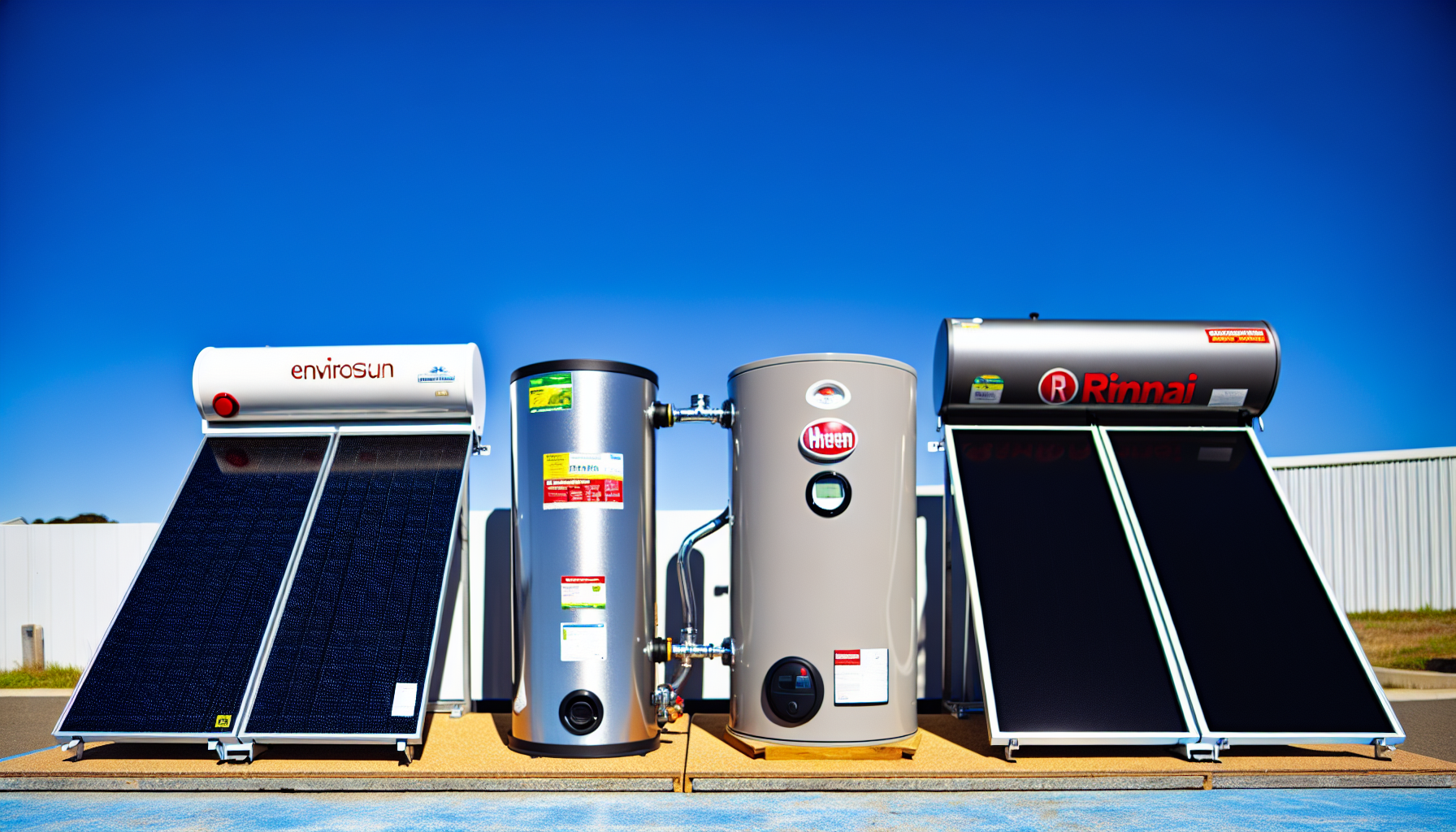
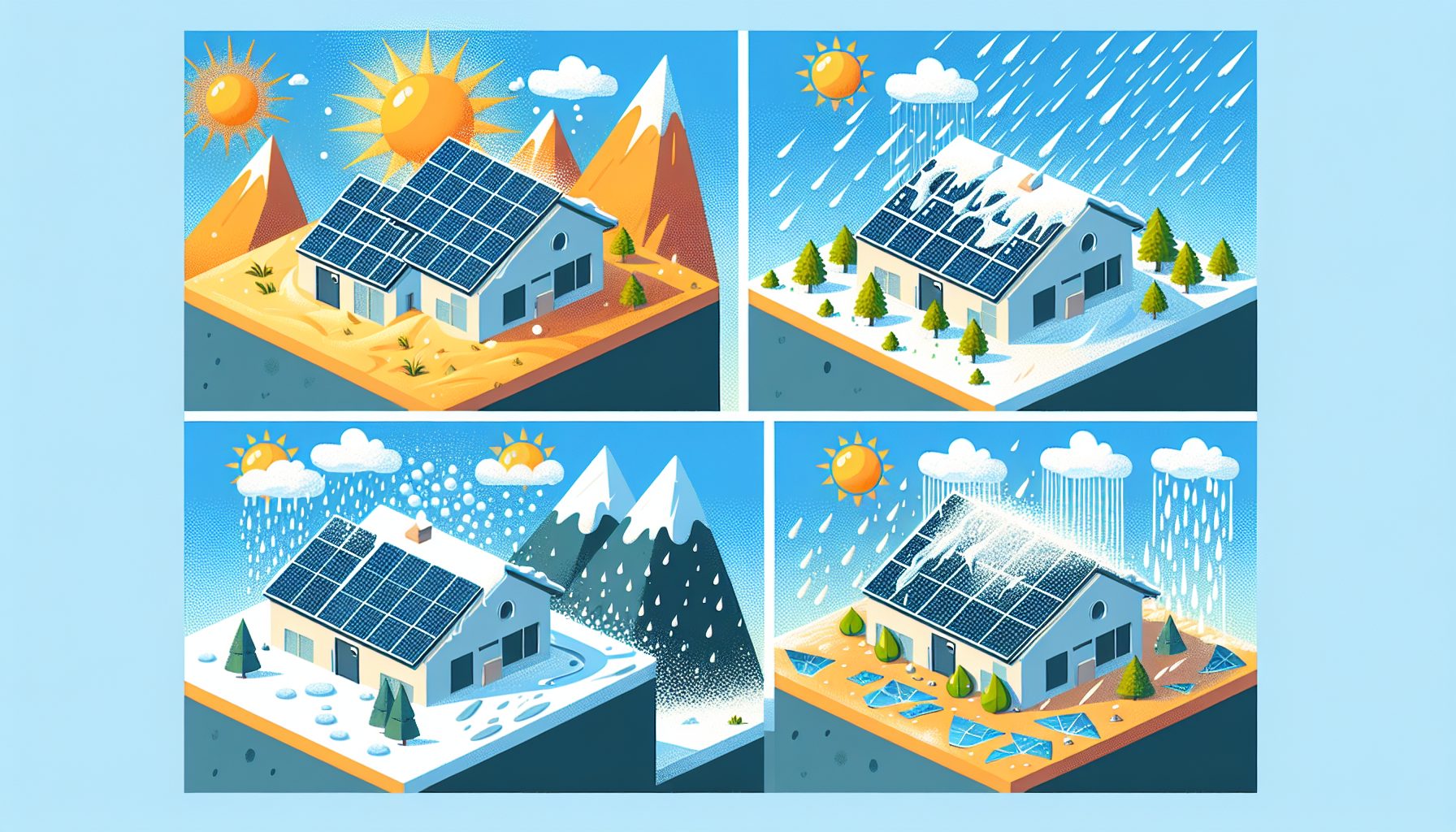
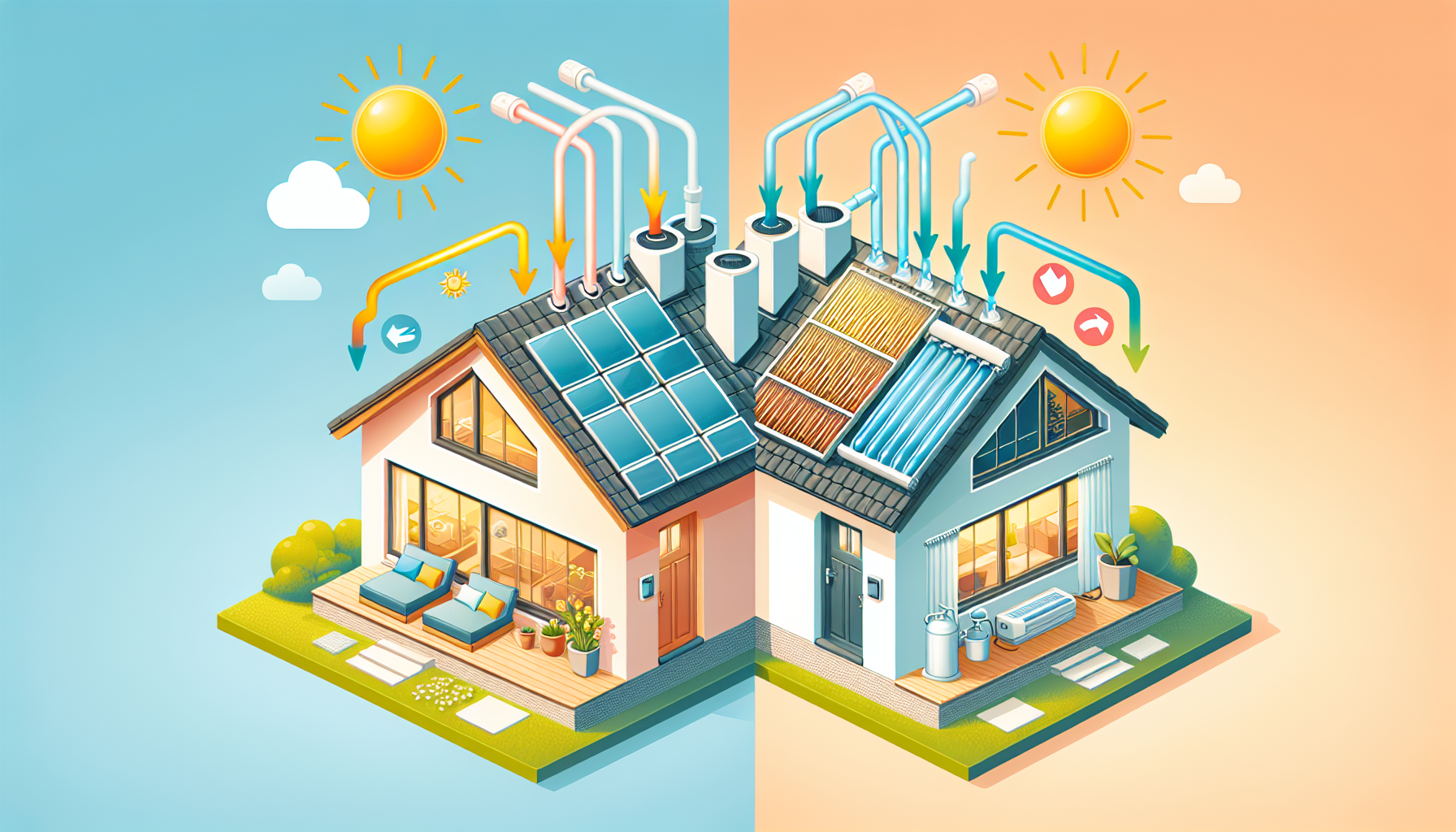
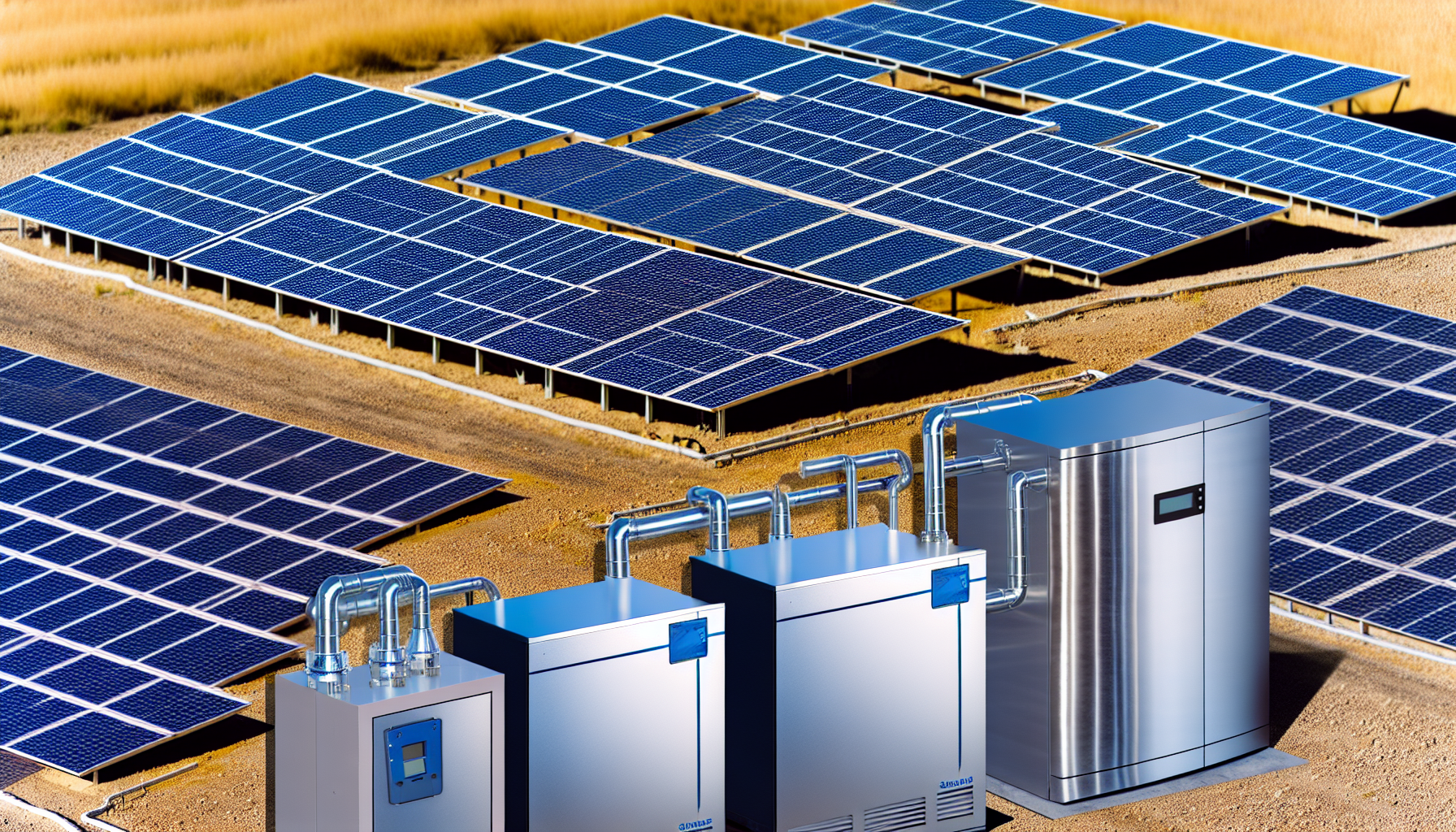




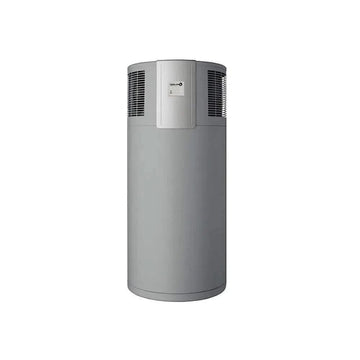





Leave a comment